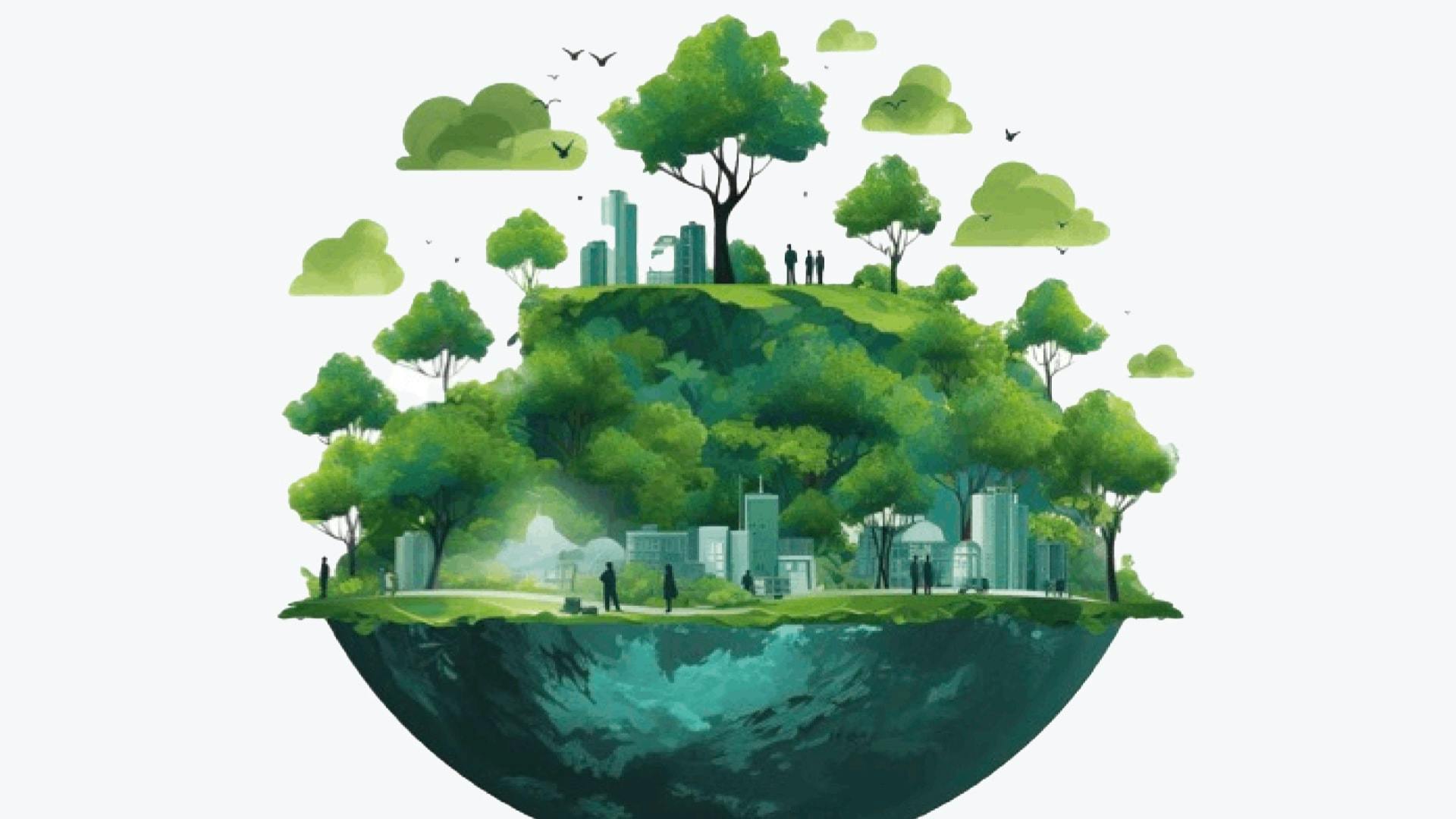
The growth of the fintech phenomenon does not only disrupt the financial sector, but it also provides opportunities for society as a whole.
The growing number of fintech companies and current concerns about social and environmental issues have led to raise essential questions about the role of fintech in ensuring sustainable economic development. Fintech is here to stay, supported by emerging technologies such as artificial intelligence, blockchain, and machine learning, to name a few. Nonetheless, questions remain about what the future of fintech will look like.
It must be recognized the intrinsic and increasingly emerging relationship between fintech and sustainable development.
“Fintech for All, Fintech for Good” research – realized by Fintech District in collaboration with Deloitte, Politecnico di Milano and Fintech Stage – highlights the intersection of fintech and sustainability, analyzing a database of 485 "Fintech for Good" (F4G) companies, to understand how they create value by incorporating social and environmental impact into their business model.
Fintech for Good has emerged in recent years as a new movement that operates at the intersection of finance and technology, embedding social and environmental inclusion in the design, development, and implementation of fintech organizations and services to accelerate sustainable development. In addition to fintech, F4G has been shown to unlock or enable efficiencies for different actors or industries and create new markets by addressing the financial needs of previously excluded.
In parallel with the mainstream fintech sector, the F4G phenomenon has grown recently. It has attracted increasing interest as an isolated reflection and opportunity to address market inefficiencies, bring previously excluded people into the financial market, and as a catalyst to bring traditional financial institutions closer to their statutory role of providing financial support to those in need. Two main approaches have emerged in the F4G sector: the first is an institutional approach that redirects existing financial resources to more sustainable allocation; the second is the societal approach, which explicitly addresses the needs of the unbanked and underbanked.
Regardless of the type of approach, Fintech for Good companies can be distinguished from other kinds of fintech based on three characteristics borrowed from social entrepreneurship.
Intentionality: the explicit willingness of the organization to address a social problem and to pursue the generation of a positive social impact
Additionality: the willingness to operate in neglected areas where other entities are not interested or unable to intervene due to the additional risk involved in the activity. Additionality is made explicit by targeting fintech services to previously excluded beneficiaries.
Measurability: the company’s ability to set specific impact objectives and measure their grade of achievement degree in a quantitative or qualitative way.
The research aims to delve into the F4G phenomenon, starting with creating a taxonomy that clarifies the main business models, market segments, and geographies in which F4G operates. The report also conducts an in-depth analysis of the value co-created by F4Gs and incumbents through the establishment of commercial or strategic partnerships through the creation of multiple use cases.
In terms of the distribution of F4G market segments, fintech operating in the digital banking, payments, and investment market segments emerged as the most widespread F4G categories, representing 24%, 20%, and 19% of the sample, respectively.
In terms of market distribution, F4G is mainly active in the B2C market (42%), followed by B2B (36%) and B2B2C (22%). Regarding geographic representation, Fintech for Good companies are well distributed across advanced and emerging economies, with a slight majority in advanced economies.
The fintech phenomenon can facilitate the democratization of finance: the access and engagement of a more significant number and diversity of people, leading to a new concept of finance that is more sustainable and inclusive. Moreover, Fintech for good (F4G) companies emerge as an attractive partner for incumbents looking to expand their impact, since they can provide complementary services to incumbents till creating or capturing new unexplored markets.
Learn more about the social value creation in the Fintech for Good sector and all the insights through real use cases: download the report.